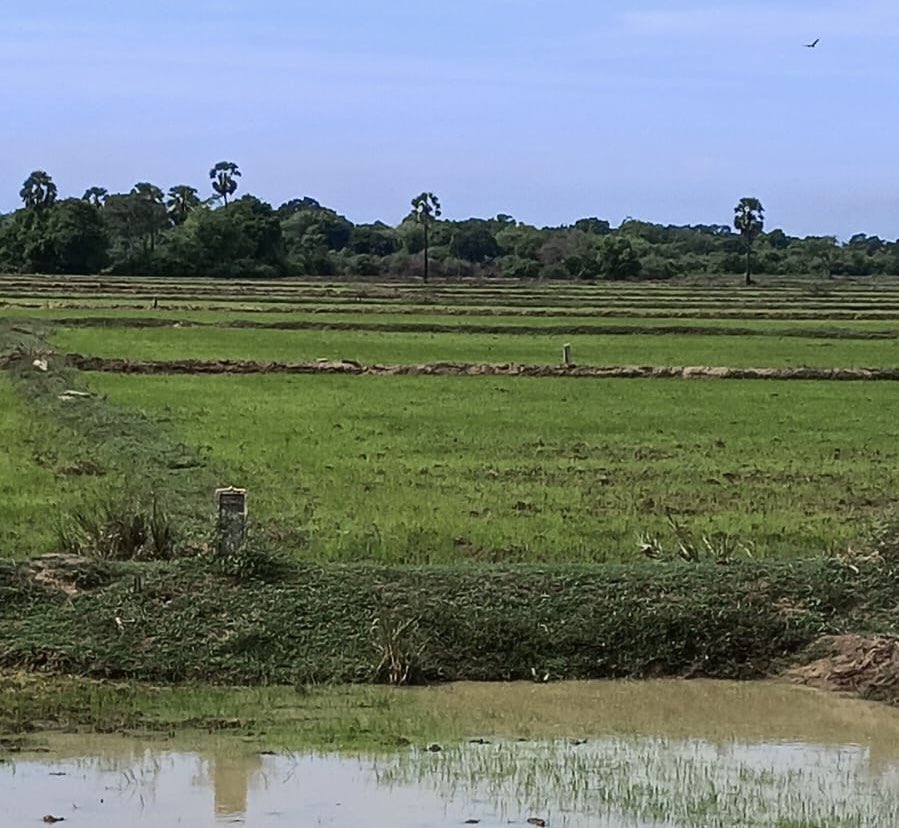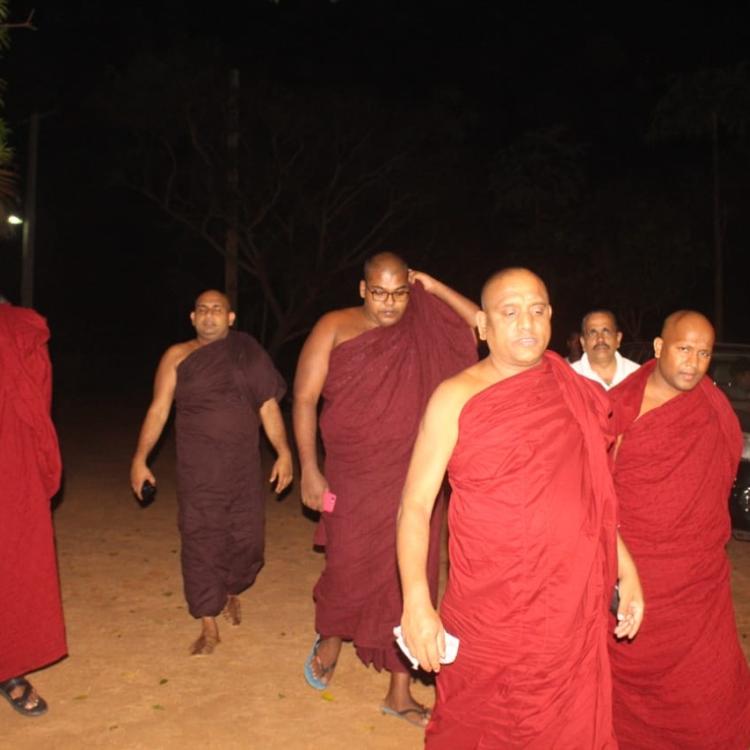
The increasing encroachment of farming lands in Pulmoddai by the Sri Lankan state has led to the arrest of two farmers, Nakeeb and Sadiq, by the Kuchchaveli Police. The farmers were detained on charges of farming in what has been deemed an archaeological area, a claim they strongly contest.
After their appearance in court, the Kuchchaveli Magistrate ordered their remand until October 14, accusing them of damaging archaeological ruins. The farmers had leased Tamil-owned land for cultivation, but the Sri Lankan Department of Archaeology recently placed a marker stone on the land, designating it as an archaeological site. This action has raised concerns over the state’s increasing use of archaeology as a pretext to seize land in traditionally Tamil areas.
Two farmers, named Nakeeb and Sadiq, from #Pulmoddai have been arrested by the Kuchchaveli Police on charges of farming in an archaeological area. pic.twitter.com/HszY1C5dCj
— Kumanan (@kumanan93) October 9, 2024
The arrests follow an incident last week when a Sinhala Buddhist monk was videoed disrupting the work of a Muslim farmer in Pulmoddai. The monk stood in front of a tractor being used to prepare land for farming, threatening the farmer and halting his activities. The farmer alleged that the monk, with the support of Sri Lanka’s Department of Archaeology, is attempting to occupy Tamil-owned land.
This case is just one of many where the state's archaeology department, often backed by the Buddhist clergy, is accused of using historical preservation as a means to seize land. These actions have intensified in recent years, particularly in the Tamil-majority North-East, where lands are being cordoned off and reclassified as archaeological sites. Many believe these efforts are part of a broader agenda of Sinhala-Buddhist colonization, aimed at displacing Tamil and Muslim communities from their ancestral lands.

